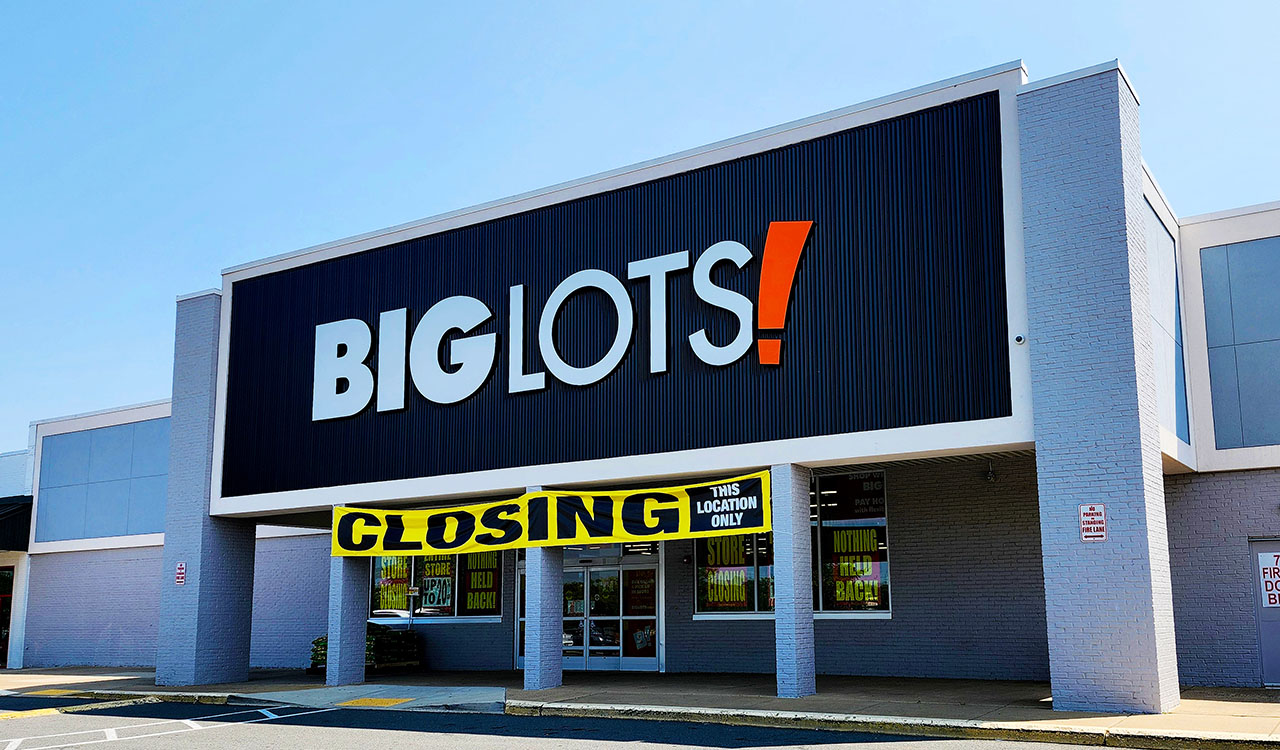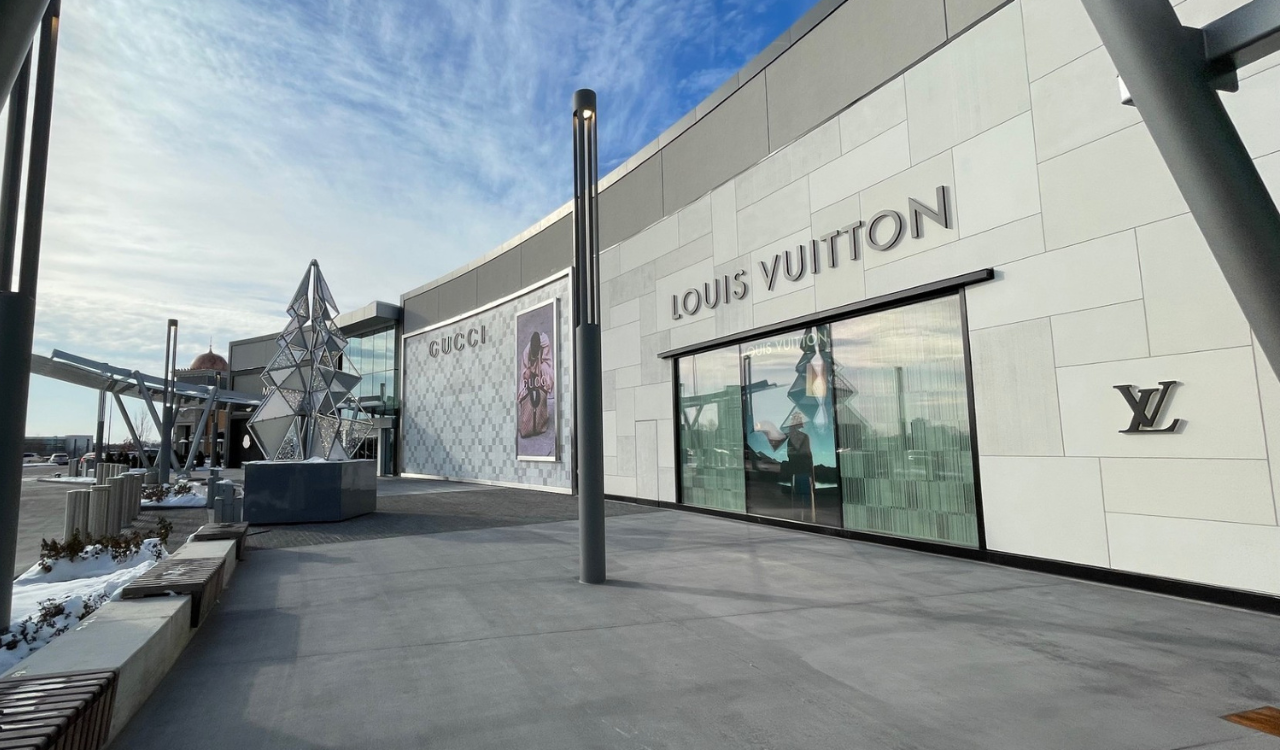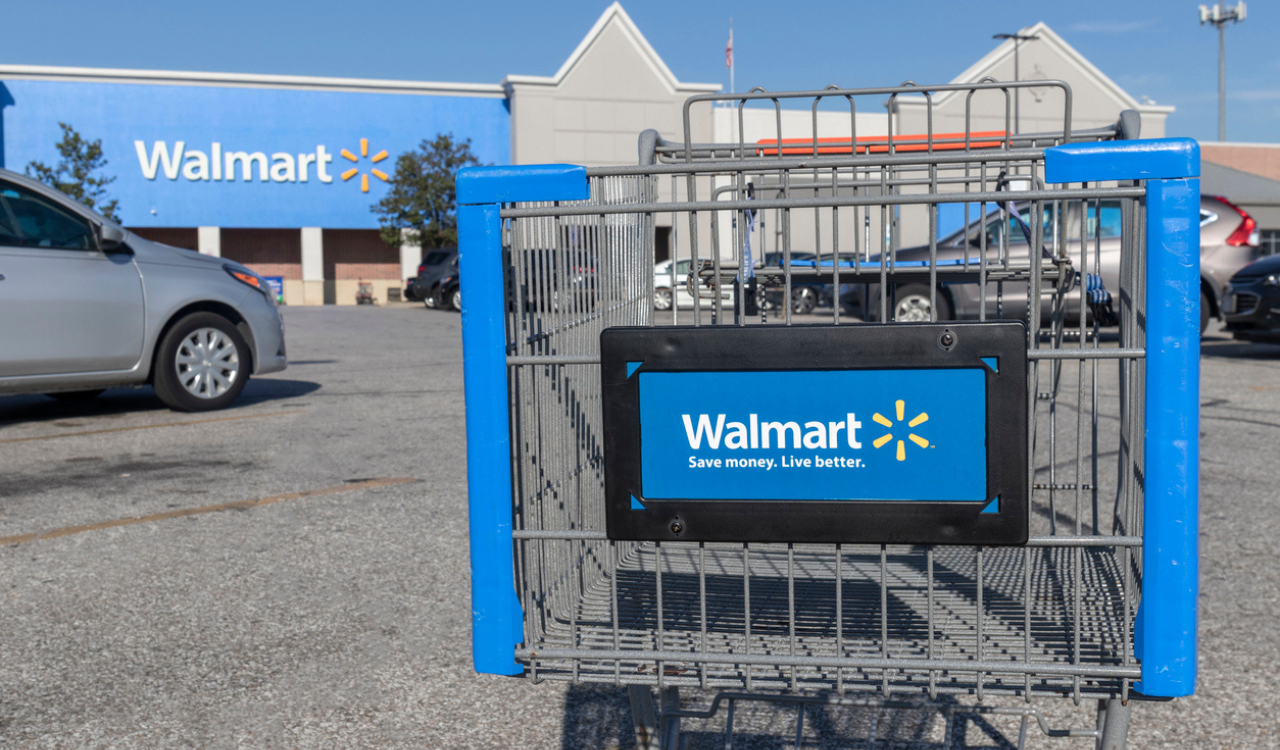Advice to readers: Retail news headlines aren’t always what they seem. This one is a plot line that rivals any mystery Agatha Christie ever wrote with more twists and red herrings than we’ve seen in a retail saga in a long time. It was a busy end to Holiday 2024. The beleaguered discount chain Big Lots’ bankruptcy has been saved by the bell – yet again – in a new deal with Gordon Brothers. The way this one is playing out (one never knows whether it will actually stick to script) is that Big Lots has been saved and as many as 400 (or as few as 200) of its once-strong fleet of 1,800 stores will continue to operate under the Big Lots name.
Variety will homogenize Big Lots into its merchandising matrix and even if the name in front is the same (yes, they said they will continue to use the Big Lots’ name on these stores) shoppers may have a hard time distinguishing it from its stablemates. Thus, the impersonator syndrome. If you think the Barney’s, Lord & Taylor, Linens’n Things or, God forbid, Montgomery Ward you come across today have any relation to the original stores you might have frequented years (or decades) ago, you probably have big memory loss issues.
Big Lots’ Bankruptcy
But wait a minute…not really. The latest deal for the bankrupt discounter – maybe it’s an off-pricer because it was never well defined as either – has Gordon agreeing to buy its assets, and in turn, then sell a chunk of Big Lots branded stores and a few other bits and pieces to Variety Wholesalers.
If that name doesn’t ring an immediate bell, some of its retail nameplates might. The list includes Rose’s, Roses Express, Maxway, Bill’s Dollar Stores, Super 10, Super Dollar and Bargain Town banners…a veritable who’s who list of brands that many people in the retail industry probably didn’t realize were still in business.
Impersonation Contagion
All of them, as well as countless nameplates that exist only in the online vapor, qualify as what can graciously be called “impersonator brands.” These are once thriving and even robust retailers that fell on hard times and have been reincarnated as ersatz merchants existing in name only. The original owners are long since gone, licking their wounds or just as likely counting their coins gleaned from their embarrassing narrow escapes. Operators like Gordon are among the best at resurrecting retailers and giving them new life as impersonators. Gordon’s asset-based loan model is a brilliant gambit of financial engineering that allows it to swoop in on the retail patient on life support and inject both some capital and a reason to exist. Gordon gets a pretty good return on its investment without the need to try to make these deadbeats return to relevance.
Variety Is the Spice of Retail
Privately owned Variety is the facilitator in this Big Lots’ bankruptcy drama, much as it’s been for many of its other motley collection of brands. The business model, we suspect, is to generally do okay enough to just toddle along. It currently operates about 400 stores, so if the deal closes, it would double its physical footprint with a maximum of 400 Big Lots locations.
The statements from Variety and Gordon about this subterfuge are classic boilerplate. Variety CEO Lisa Seigies said, “We are excited to partner with Gordon Brothers to provide a path forward for the Big Lots brand and hundreds of its stores. We look forward to working with members of the Big Lots team to realize the exciting opportunities ahead.” And then Rick Edwards, Gordon Brothers Retail Partners head of North America Retail added, “We are pleased to reach this strategic agreement with Big Lots and partner with Variety Wholesalers to achieve a path forward that allows Big Lots to continue to serve customers with extreme bargains and an outstanding shopping experience.”
Not so fast. Although it has been approved by the bankruptcy court, given recent history that’s not necessarily a done deal. Big Lots filed for bankruptcy in September and almost simultaneously said it had a deal with private equity firm Nexus Capital to buy the business and run it as an ongoing, albeit somewhat smaller, entity. At the last minute in December that deal fell through, and Big Lots began liquidating itself (with the help of Gordon it should be noted). Then came word of this Gordon/Variety mashup and assuming it actually happens, Big Lots will live to see another day.
Or will it? Reuters reported in the past few days that some major former Big Lots suppliers, including mattress giants Tempur Sealy and Serta Simmons, were objecting to the Gordon deal, contending that they are still owed money for previous orders. And if that wasn’t enough The New York Post reported that Mitch Modell, the former CEO and namesake of the now-defunct sporting goods retailer bearing his name that he led into bankruptcy and eventual liquidation, was trying to put together a deal to buy both Big Lots and Party City – another big national chain that filed for bankruptcy and is now being liquidated – and operate them with a pared down merchandising strategy. The Post story said he was looking to raise $1 billion to fund the deal but had no details on who might be ponying up the cash.
In Name Only
Assuming it is the Gordon/Variety partnership that ends up with Big Lots, it won’t really be the Big Lots that shoppers (and suppliers) recognize. Variety will keep the name over the front door but inside, the merchandise mix is bound to be different. Which is not necessarily a bad thing, mind you. Big Lots was a merchandising train wreck, never knowing whether it wanted to be an off-pricer or a more conventional retailer. It did neither very well and the confusion to its dwindling number of customers can be described by the surreal 60s hippie comedy group, The Firesign Theater (been trying to work them into a story for decades, by the way) once asked in an Alice in Wonderland meme, “How can you be in two places at once when you’re not anywhere at all.”
As my Robin Report colleague Phil Lampert has written, “Younger shoppers wanted a better shopping environment than what Big Lots offered. The key in my mind to any successful retailer is understanding the shopper and changing and evolving as they do. Big Lots was so focused on working with brands on getting cheap prices that they ignored everything else — especially younger consumers.”
If Big Lots was an off-pricer they were not nearly as off-price as HomeGoods. If they were a traditional home furnishings and general merchandise retailer, tons of competing stores had better assortments, were nicer places to shop and still had sharper prices.
Homogenization
So, after Variety homogenizes Big Lots into its merchandising matrix and even if the name in front is the same shoppers may have a hard time distinguishing it from its stablemates. Thus, the impersonator syndrome. If you think the Barney’s, Lord & Taylor, Linens’n Things or, God forbid, Montgomery Ward you come across today have any relation to the original stores you might have frequented years (or decades) ago, you probably have big memory loss issues.
Big Lots is only the latest retail brand to get Gordonized and it will be far from the last. Let’s see if the currently disintegrating Party City is likely to turn up again. And should The Container Store, another Chapter 11 member, be unable to right itself, it might become another nameplate brought back from the dead by somebody, someplace.
General Douglas MacArthur once said, “Old soldiers don’t die, they just fade away.” Today retailers do exactly the opposite: they die but they never fade away.




